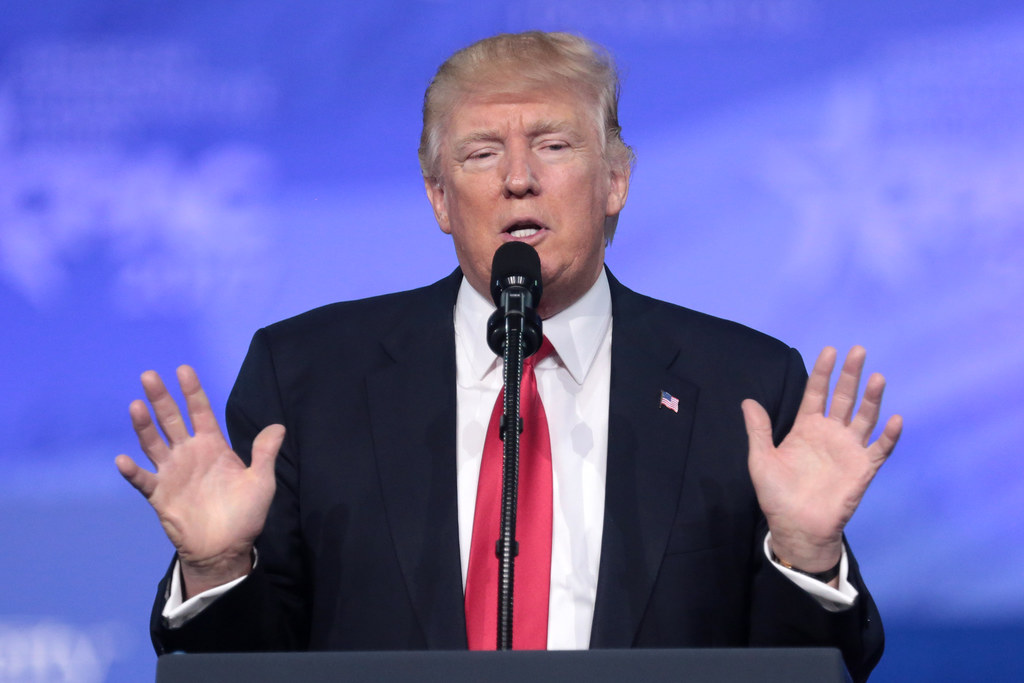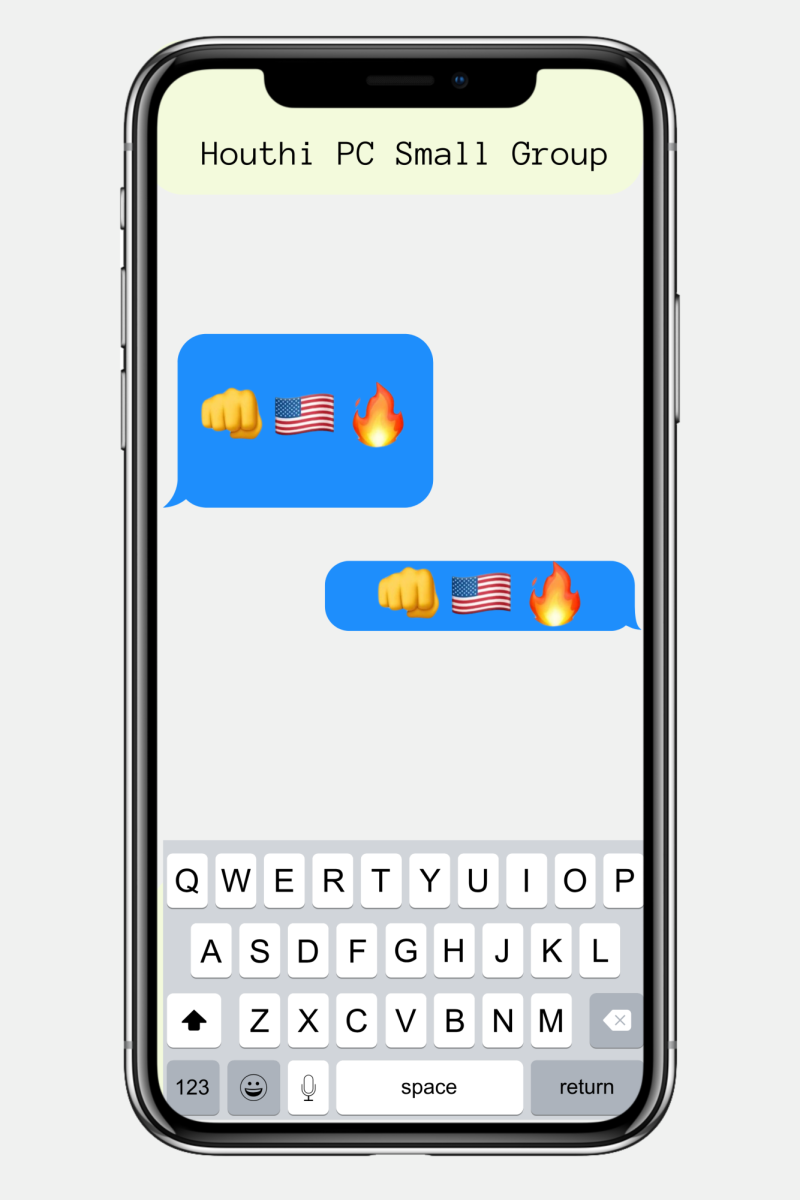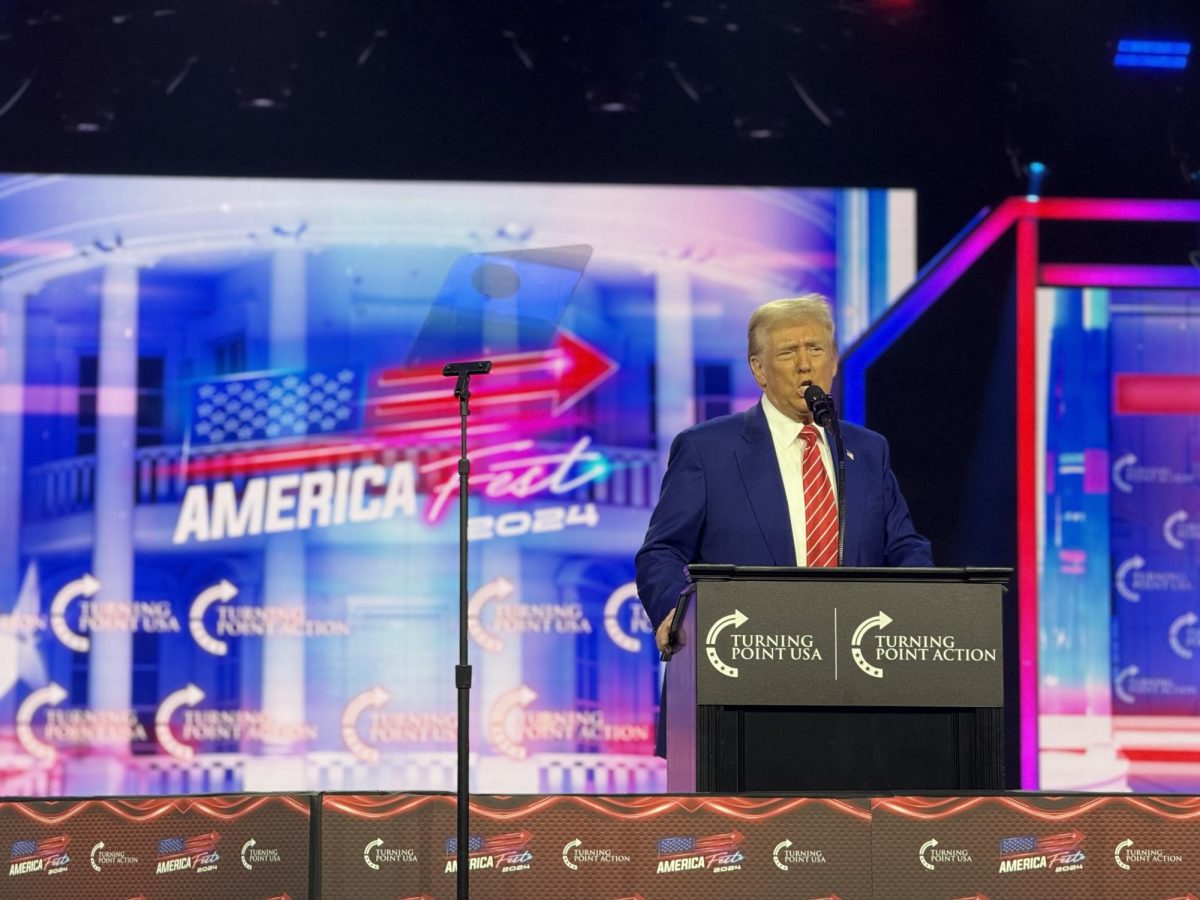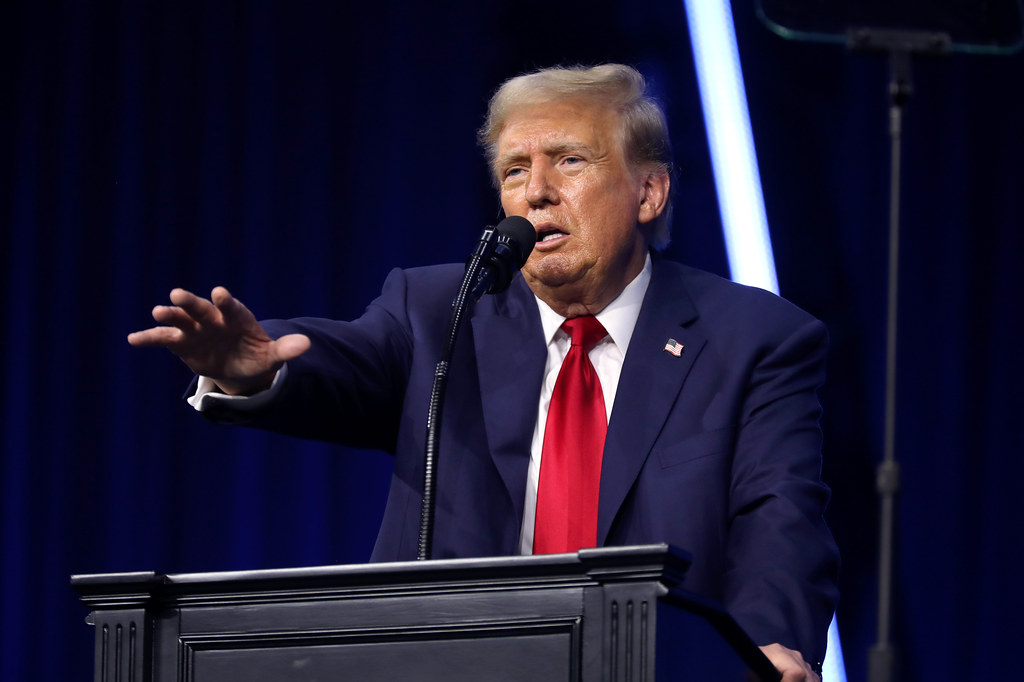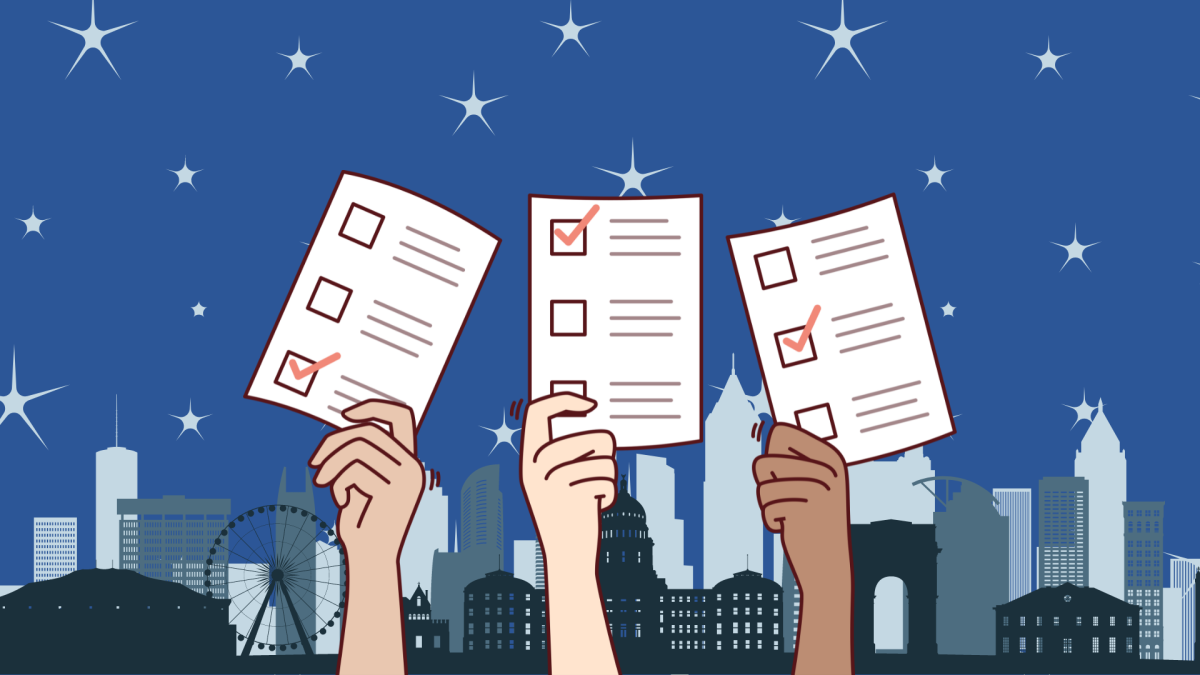Since the 2020 election, there has been a dispute about former President Donald Trump’s involvement in voter fraud and the insurrection on Jan. 6, 2021. Courts have debated whether his presidential immunity protects him from legal action, but recently determined he does not have absolute immunity.
Trump himself argues that he should have “absolute immunity” from criminal charges for voting fraud and the Jan. 6 insurrection. A federal appeals court recently ruled against his argument, solidifying Trump’s accountability in corrupting the election and encouraging his followers to storm the capitol.
Trump underwent multiple attempts to overturn the 2020 election, including “disenfranchis[ing] voters through targeted harassment, intimidation and efforts to prevent the complete counting and certification of ballots” according to NBC. These illegal acts, as well as his involvement in the insurrection, may cause legal action to be brought against him.
Presidents typically cannot be indicted for criminal charges while in office because it would “would impermissibly undermine the capacity of the executive branch.” They also cannot be subject to civil cases that involve presidential actions according to the Nixon v. Fitzgerald case, which is why this ruling is so pivotal.
The federal appeals court stated that the former president should be treated as “citizen Trump, with all of the defenses of any other criminal defendant.” This is a fair and just ruling, if a president breaks those same rules they enforce and uphold, it is only right they be held responsible.
Trump’s attorneys argued that future presidents may be hesitant to “act within their role” if they have the possibility of being indicted for their acts, and former presidents could be indicted for their actions as well. Despite Trump and his team’s view that immunity should protect presidents, the court determined that in his case that he can be prosecuted.
Since it has been said that Trump can be held legally responsible, there are a plethora of issues that may be addressed; for example, during the Jan. 6 insurrection, he made a variety of false claims, such as blaming Nancy Pelosi for the incident and neglecting to call “any high-level Defense official” according to CNN.
Trump’s attempts to use presidential immunity to avoid responsibility span further than just the 2020 election. He has tried to use his immunity in several other cases, including civil cases regarding the insurrection and a civil defamation case. This defense has proved to be unsuccessful.
Despite losing his argument for presidential immunity, Trump will likely continue his appeal and bring his case to the Supreme Court. However, because it was ruled by the panel that he is to be treated like any other criminal defendant, it may not have much success there either.
If courts were to rule in Trump’s favor, it would be “placing the president beyond the reach of all three branches” according to the memo and its mention in the New York Times. Presidential immunity is a power that should not be taken lightly and should be used with caution and removed as necessary.
The decision to allow Trump to be prosecuted and not to have presidential immunity is a cornerstone of what American politics should strive for; accountability for corruption and scrutinization of those in positions of power to ensure they are doing what is right for the nation.


